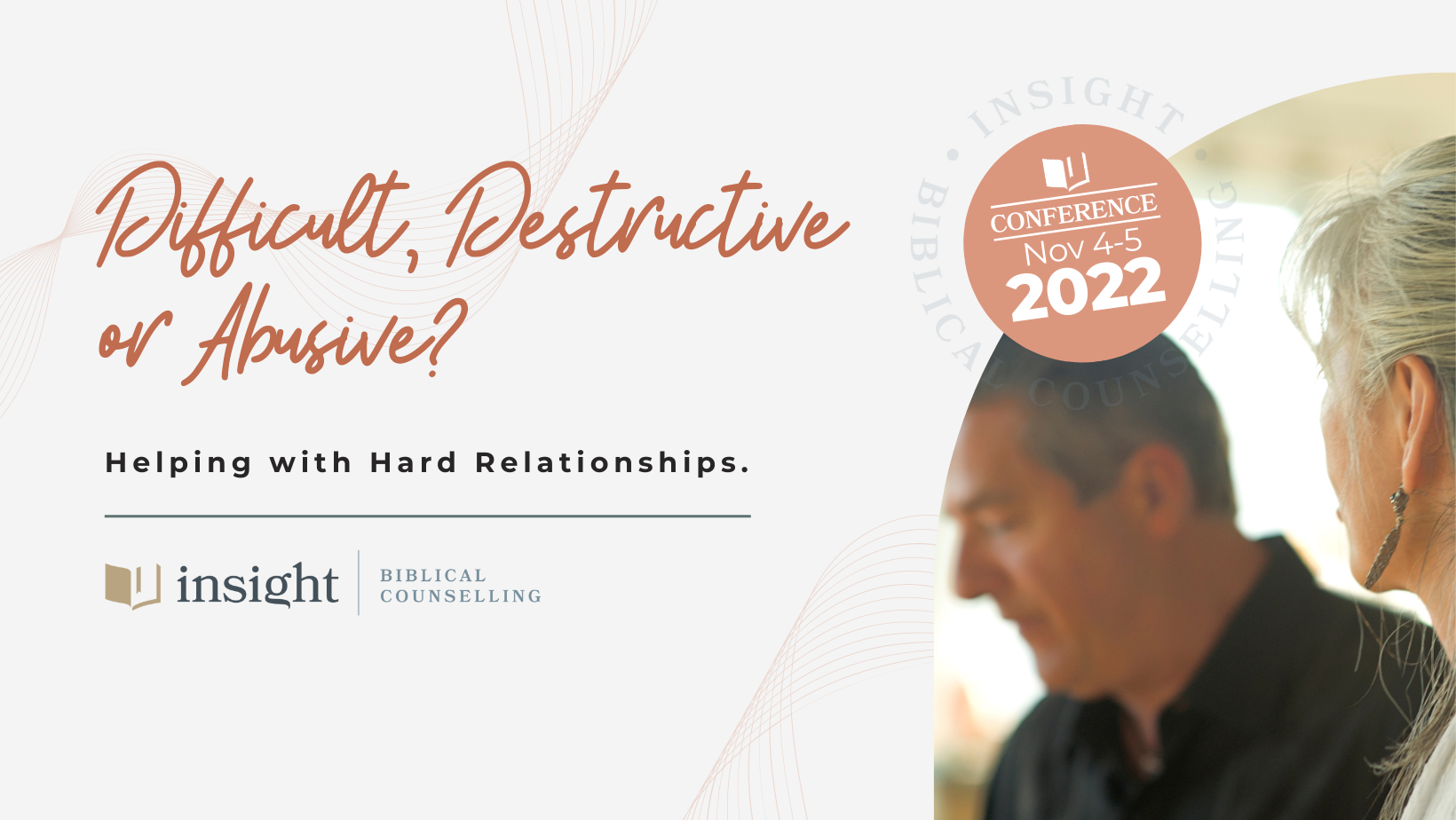

Gossip in the Counselling Room
Explore the Blog
Latest Posts
I was asked recently, “If I share sensitive or damaging information about people that are in my life, or in my past, am I guilty of gossiping?”
What a great question! At first, I wasn’t sure how to answer than respond with “I don’t think so…but let me look into that.” In a quest to answer this question, I have decided to share what I have learned in the process of learning about gossip.
Talking about another person is not gossip in the counselling room because…
In the counselling room the focus is on changing the person who is coming in for counselling and life is lived with other people. Other people’s stories are closely woven into the counselee’s stories. Context is one of the keys to understanding your own self.
Motivations for gossip vary but include power (consider the power you hold when you are aware of information), hunger to be important (it feels good to share something juicy as Proverbs 18:8 states), and revenge. The key to not gossiping in the counselling room is examining your own motivations for sharing what you are sharing. Do you still love this person (i.e. does it hurt you to speak of the shameful and painful things that this person did)? Are you genuinely willing to be reconciled to this person? Do you need help to respond to the person better?
If someone shares with you suicidal, homicidal, self-harming thoughts or knows of a situation where a minor is being hurt or abused, you are loving the other person by sharing this with someone who can help. Going behind someone’s back in order to help the other person is not hatred, but a desire to seek the welfare and good of that person.
Sometimes loving people well means warning them about someone they are in a relationship with. Let’s say a 16 year old young lady is beginning to date a young man that is 18 years old. A wise friend or family member knows information about this young man that is not good (addiction to pornography or drinks too much or whatever). It is loving to the young lady that this friend or family member warns her or one of her parents (because she is under their authority) in an effort to prevent potential harm. What the young lady and her parents do with this information is then their responsibility. But if this friend or family member, or even this young lady and her family, tell this information to people who are not directly going to be harmed by this young man, then that becomes gossip. Similarly, a counsellor may need to talk to an elder or pastor so that the best care can be given. Of course, this information must be shared in the best interest of the person being talked about.
In sum, talking about someone else in the counselling room is not gossip, providing that your motivations are intent on loving the other person and that you are seeking personal transformation, not attempting to control or change another person.
Related Posts
Being a parent is difficult. I was confronted with that fact once again when my daughter expressed that she did […]
For anyone interested in learning how to identify, navigate difficult, destructive & abusive relationships.
Confidential Group Counselling
God has designed us to live in community for a reason. If you are struggling and need support, joining a counselling group is a great way to find community support. Insight offers curriculum-driven, Christ-centered and confidential counselling groups.
View Groups












